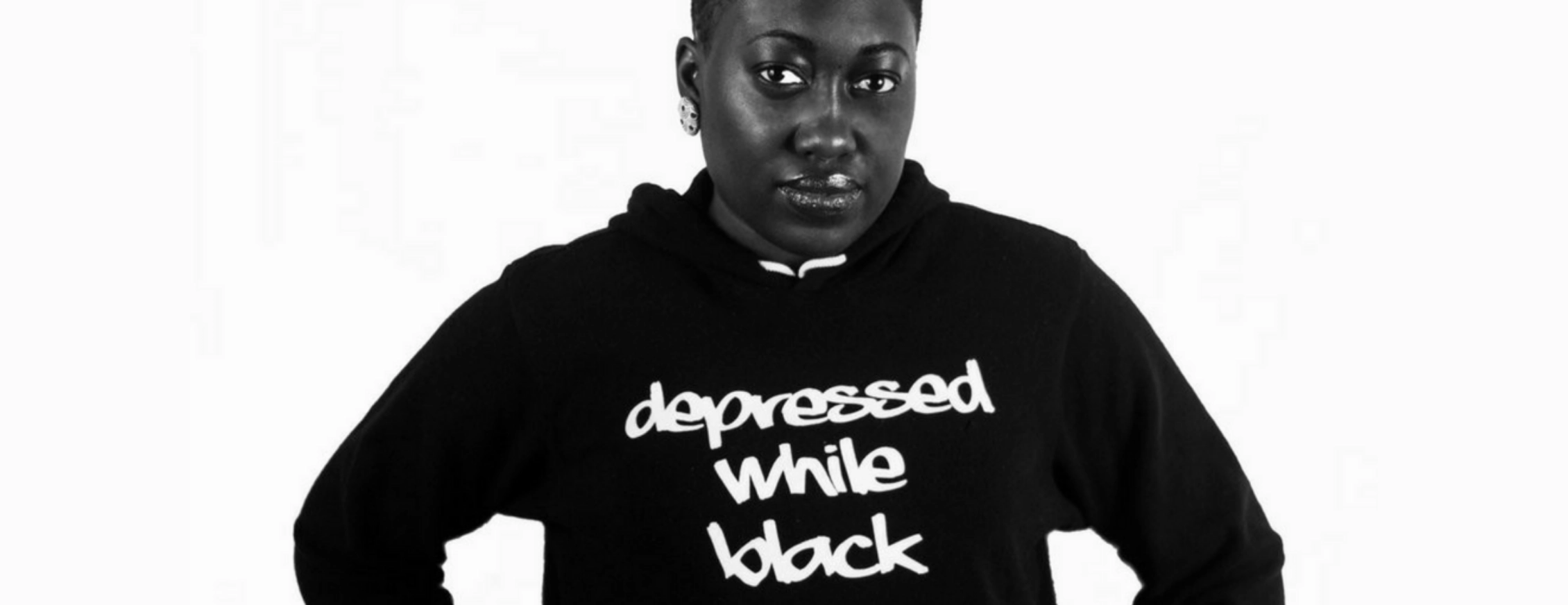
I didn’t realize I liked women until I was 30.
One of my favorite artists turned into a celebrity crush. I experienced a kaleidoscope of new mental images and ideas that conflicted with the religious culture I grew up in.
As a child, it was normal to see men slap high-fives and yell “You betta tell it!” during homophobic sermons at Church. These messages were typical, locker-room-talk in the pulpit. I could tune most of these sermons out (at the time, I was on the asexual spectrum and occasionally liked boys), but I later came to realize I had internalized the cruel weapon of homophobia by not advocating for the queer people in the pews, including myself. I was tortured by the emotional distress of wondering how my Christian faith could co-exist with my sexuality.
But then I had a breakthrough. When I was taking a shower, I sensed God telling me that I am this way for a reason, and I shouldn’t change myself.
At that moment I was free, but I didn’t know who I could be free with.
I outgrew the religious fervor of my campus ministry friends and I lacked the confidence to disclose my growing sexuality to experienced queer folks who are far past the coming out phase.
At that moment I was free, but I didn’t know who I could be free with.
I was essentially a 30-year-old entering puberty. Finding my true self for the first time. I desperately wanted to find someone who was also feeling this way.
Between 2012-2022, the LGBTQ+ community increased 160% (approximately 10-32 million people). Millions of people like me entered the LGBTQ+ community during this time. I was not alone, but I felt alone, and it didn’t help that I was also battling depression. I needed a LGBTQ+ affirming support system that accepted the totality of who I am.
At the beginning of the pandemic, I started attending Heartspace, an event hosted by Black Emotional and Mental Health Collective (BEAM), a mental health organization dedicated to healing justice through wellness training, grants, and communal spaces for Black and marginalized people. At Heartspace, I was joined by Black people of all sexual identities as we honored our ancestors, processed our pain, and forged a new path towards healing.
I’m confident in my bisexuality today because people in BEAM provided a community where queerness and gender fluidity are the norm instead of an abnormality.
My experiences also helped me see how important it is to support older adults in the LGBTQ+ community.
Members of the LGBTQ+ community are affected by mental health conditions, including major depressive disorder (MDD) or clinical depression, at higher rates than the general population. In fact, an 18-state analysis discovered that the largest incidence of suicide among LGBTQ patients was in the middle-aged group. However, transgender adults are uniquely impacted by suicidality, which can be a response to the suffocating transphobia that limits the freedom they deserve. 40% of all transgender adults report they have attempted suicide in their lifetime, compared to less than 5% of the total US population.
I believe trans folks should be at the center of mental health advocacy campaigns. Organizations like TransWave Jamaica, Black Trans Travel Fund, and the Marsha P. Johnson Institute create opportunities for resistance and mutual aid so Black trans women can build a more loving world for themselves.
Looking back, I now know I am gender fluid for a reason. I’m deeply aware of how some psychiatric hospitals can stifle gender and cultural expression by forcing patients to wear hospital scrubs and use grooming items made for white patients.
As the founder of Depressed While Black, a 501(c)3 nonprofit, I donate Black Beauty Supply kits to psychiatric hospitals. These kits help Black people live according to their gender expression by offering grooming items to care for their hair and skin. In addition, my nonprofit works with a local hospital as part of our WISH List program where patients provide a wish list of requested items like leggings, t-shirts, undergarments, and shoes that align with their gender identity.
Queerness unlocked my imagination and accepting my bisexuality became an entry point for me to re-imagine a more inclusive mental health system.
Imadé was compensated by Johnson & Johnson for her time to write and develop this article.
You are being directed to a third-party social networking website:
My Link
Please note that this third-party social networking website is not controlled by Johnson & Johnson or subject to our privacy policy.
Johnson & Johnson is not responsible for and does not endorse the content on the page.
Please click CONTINUE below to learn more about patients and their experience with a certain treatment option. This website contains information about a prescription medicine.
You are being directed to a third-party website:
My Link
Please note that this third-party website is not controlled by Johnson & Johnson or subject to our privacy policy.
Thank you for visiting our site.
You are leaving
DepressionLooksLikeMe.com
Please click CONTINUE below to learn more about a specific patient's story. This link will take you to a social networking website. Johnson & Johnson is not responsible for and does not endorse the content on the individual's page, unless otherwise noted.